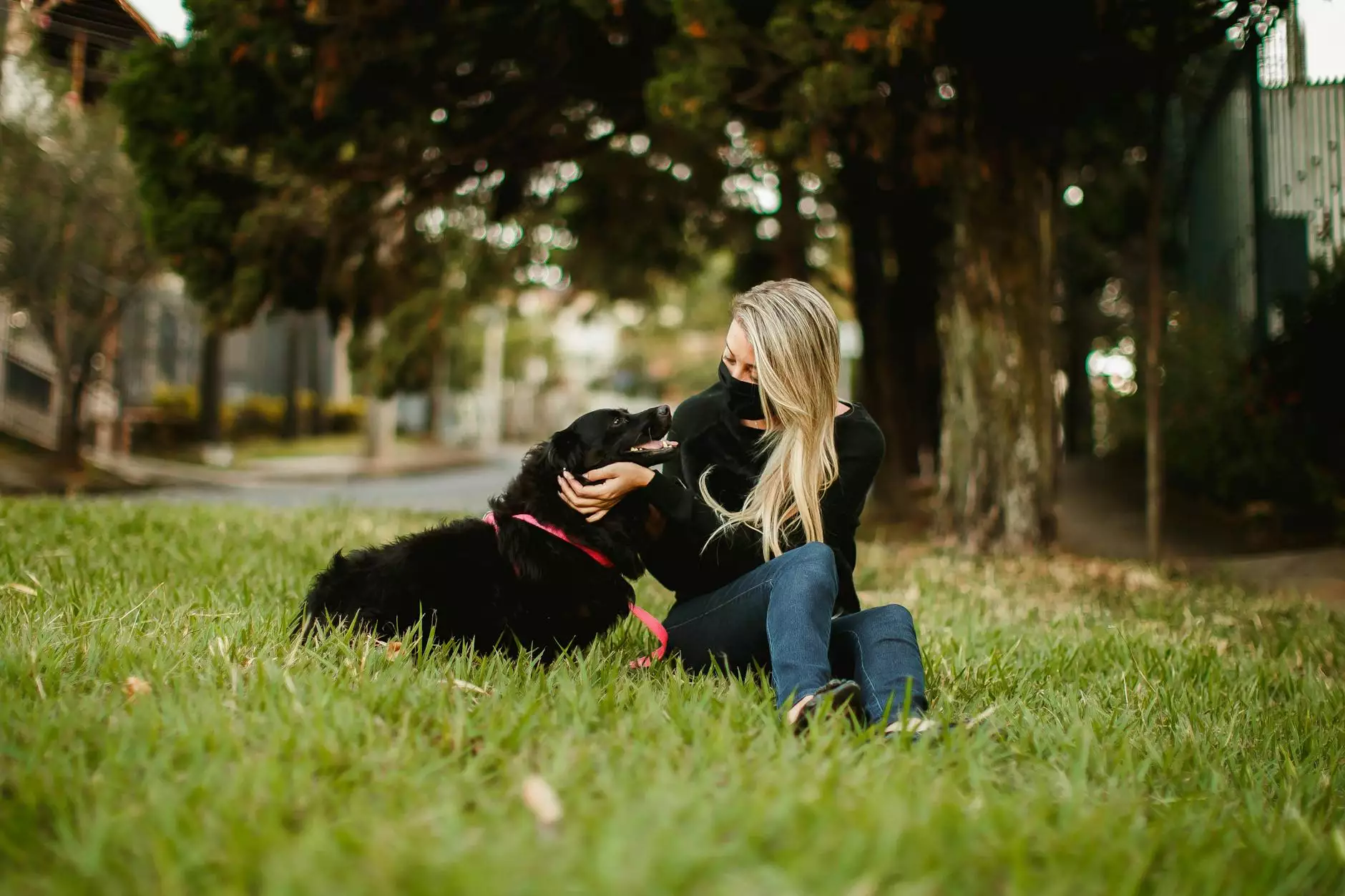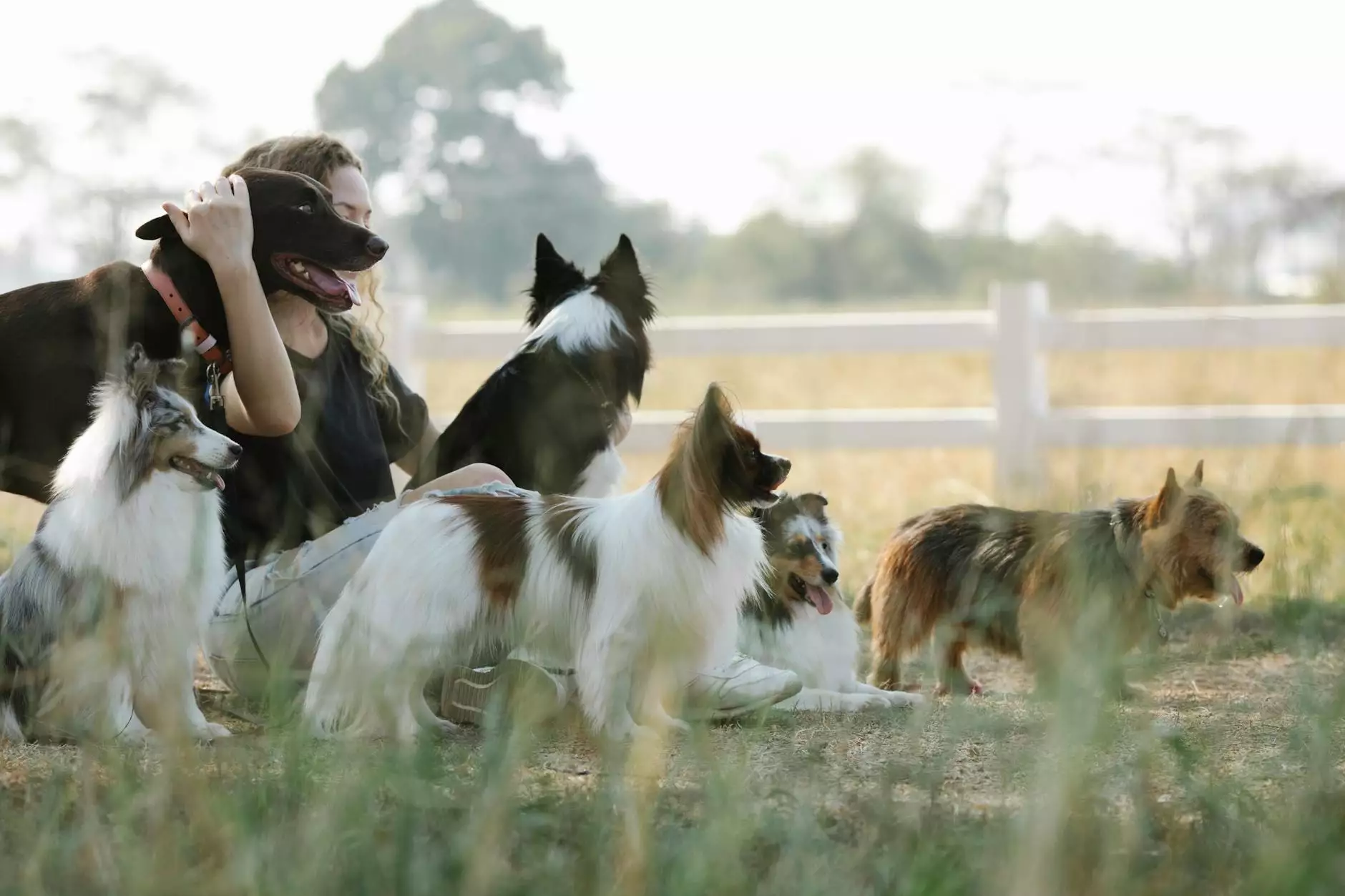Canine Influenza: Understanding the Virus and Protecting Your Dog
Dog Care
Introduction
Welcome to DogTails, the ultimate resource for dog lovers! In this comprehensive guide, we will delve into the topic of canine influenza, a contagious respiratory disease that affects our beloved canine friends.
What is Canine Influenza?
Canine influenza, also known as dog flu, is a highly contagious viral infection that primarily affects dogs. It is caused by two main strains: H3N8 and H3N2. This respiratory illness spreads through respiratory secretions, such as coughing and sneezing, making it easy for dogs to transmit the virus to one another.
Symptoms
The symptoms of canine influenza can vary from mild to severe. Common signs include:
- Respiratory distress (coughing, sneezing)
- Runny nose and nasal congestion
- Fever and lethargy
- Loss of appetite
If your dog is exhibiting any of these symptoms, it's essential to seek veterinary care immediately to prevent further complications.
Prevention
As a responsible dog owner and traveler, it's crucial to take proactive measures to prevent the spread of canine influenza. Here are some preventive steps:
Vaccination
Vaccinating your dog against both H3N8 and H3N2 strains of the virus is the most effective method of prevention. Consult your veterinarian to ensure your furry companion is up to date with their vaccinations.
Hygiene Practices
Regularly wash your hands before and after handling dogs, especially if you're interacting with multiple dogs or after visiting dog parks. Additionally, disinfecting commonly touched surfaces can help minimize the risk of transmission.
Limit Exposure
Avoid direct contact between your dog and dogs showing symptoms of respiratory illness. If there's a known outbreak in your area, consider limiting social activities with other dogs until the situation improves.
Travel Considerations
If you're planning a trip with your furry friend, research the destination's canine influenza status beforehand. Some boarding facilities and dog-friendly accommodations may require proof of vaccination. Being knowledgeable can help ensure a safe and enjoyable adventure for both you and your dog.
Treatment
If your dog is diagnosed with canine influenza, it's crucial to follow your veterinarian's recommendations. Treatment options often focus on supporting the immune system, alleviating symptoms, and preventing secondary infections. Your vet may prescribe medications such as antiviral drugs, antibiotics, or supportive care measures.
Conclusion
By familiarizing yourself with the symptoms, prevention strategies, and treatment options for canine influenza, you are taking an important step towards safeguarding your dog's health. Remember, a well-informed pet owner is a responsible one. Stay proactive, stay informed, and above all, cherish the bond you share with your furry friend.
About DogTails - Wisconsin Adventures
DogTails is a travel and tourism website dedicated to providing valuable information and resources to dog owners. Our mission is to help you plan unforgettable adventures with your furry companions while offering insights on pet-friendly destinations, health, and well-being. Explore Wisconsin Adventures for more exciting content and let the adventures begin!



